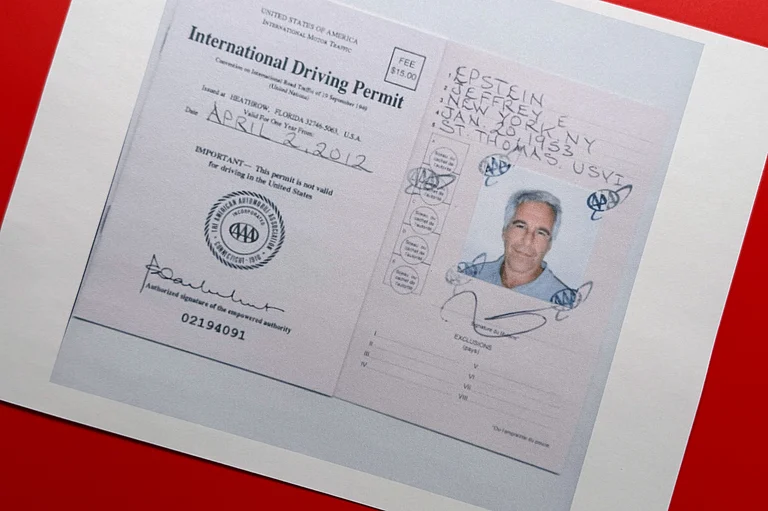Kulkarni calls the book "an authentic, critical biography". The authenticity lies merely in the historical narration of events in Advani's life, with little attention to his feelings through either the moments of personal glory or through the trials and tribulations he has so far experienced. We have no idea, for example, whether he shares the deep hatred Kulkarni has for the Muslim community.
Kulkarni reveals this in the very first chapter of the book with sweeping generalisa-tions about the community's 'activities' in Sindh. He is critical of the Hindu community in the province of undivided India for its "subservience to Muslim hooliganism". The author's admiration for the RSS and its first chief Hegdewar also appears to be based on this common antipathy towards the Muslims. Kulkarni quotes Hegdewar's description of a train journey to Karachi thus: "Since boarding the train at Hyde-rabad (Sindh) we felt we had landed in a Muslim country. From Hyderabad till we reached Karachi, we did not see a single Hindu in our compartment—their unclean-liness inside and sandy storm outside."
It is not only such communal bias which colours Kulkarni's work. He even resorts to distortions to project the Sangh line. The then minister for Kashmir Affairs, George Fernandes' interaction with the Kashmiri people during the National Front regime has been described as his "alleged hobnobbing with terrorists (leaving) no alternative for Governor Jagmohan than to resign". Kulkarni has quite glossed over the fact that Jagmohan had been totally uncooperative with the minister and that his resignation had followed the blunder by his administration of opening fire on the funeral procession of Mirwaiz Farooq in Srinagar. In fact, Jagmohan, in an obvious quid pro quo, was nominated to the Rajya Sabha by the National Front government almost immediately after his resignation as governor.
But to return to the primary subject ofthe book. Though the biography details the growth of the man from his early teens with great love for English movies and chocolates to his current stature, it fails to give any insight into the man.
Kulkarni's book was timed for the recent plenary session of the BJP in Bombay and was being distributed there till the organis-ers suddenly realised that it contained a section with a virulent attack on the present leadership of the party. That, alas, must remain the book's only claim to fame. For neither in terms of style, nor in terms of real substance, does Kulkarni's effort make mandatory reading.


























